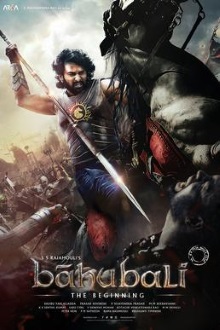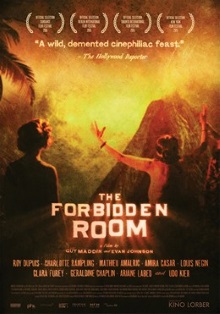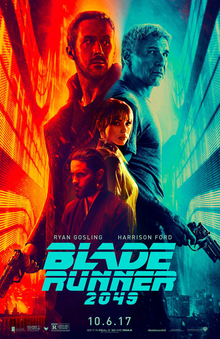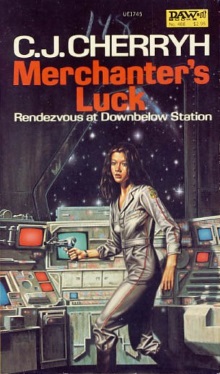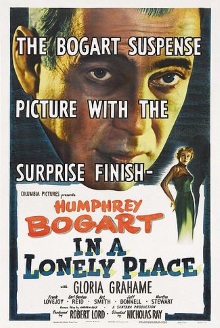Every year I do a round-up for the Nobel Prizes in the sciences since they hardly register on the news and whatever attention the prizes get mostly go towards the winner of the Peace Prize. This year the winners seem all to be in areas of study that are readily understandable to most people and don’t really require much explanation.
The prize for physiology or medicine goes jointly to Jeffrey C. Hall, Michael Rosbah and Michael W. Young for their work in uncovering how living thing maintain a sense of time using the circadian rhythm. Working with fruit flies, they discovered a gene that encodes a protein that accumulates in the cell at night and slowly degrades over the course of the day. The protein inhibits the activity of the gene so more is produced only when enough of it has been degraded. Another gene was found that produces another protein that when bound to the first one, allows them to enter the nucleus. Many other discoveries followed that explains the stability and regularity of this mechanism as well as means by which light can help synchronize this natural biological block.
The prize for physics is for the success of the Laser Interferometer Gravitational-Wave Observatory (LIGO) experiment to observe gravitational waves for the first time. It goes to Rainer Weiss, Barry C. Barish and Kip S. Thorne all of whom worked on the project. The existence of gravitational waves were predicted by Einstein but due to how weak the signals are, actually detecting them is extremely difficult. The LIGO experiment used a pair of gigantic laser interferometers to measure the gravitational waves generated by the collision of two black holes 1.3 billion years ago. Going forward, this will likely be a key new means of obtaining information about the universe.
I’m sure the achievement that won the chemistry prize is important but it sure seems more boring to me. It goes to Jacques Dubochet, Joachim Frank and Richard Henderson for the development of cryo-electron microscopy. Electron microscopes have long been used to obtain images non-living molecules but could not be used for biomolecules because the electron beam destroys biological matter. The researchers, working separately, developed this new technique to freeze the sample into a suitable state that preserves the protein for study and used mathematical techniques to deduce the three-dimensional structures of the proteins from the two-dimensional images.
Finally the prize for economics goes to Richard Thaler for his contributions to what is now known as behavioral economics. Economic usually assume that human actors are rational and act in their self interest but Thaler showed that people are prone to irrational behavior and have odd psychological quirks. A famous example of this that people value something that they actually own more instead of valuing an object on the market the same whether or not they currently own it. He also showed the human lack of self control can lead them to inefficient, short-term decisions. These insights led him to advocate for nudging, formulating choices for people in such a way as to encourage them to make the most efficient decision.
